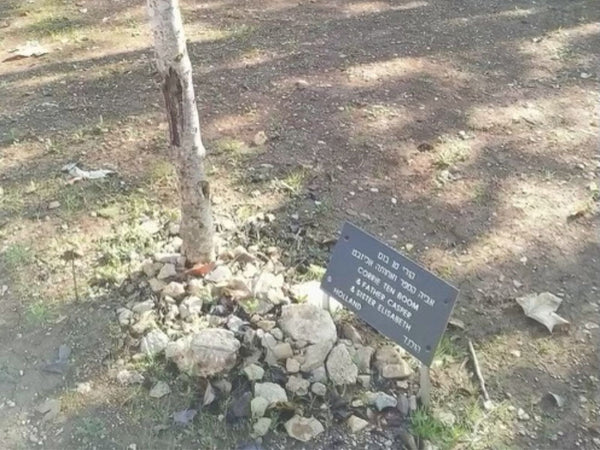
The History of Middle Eastern Coffee
Coffee, a beloved beverage that has captivated hearts and stimulated minds across the globe, holds a special place in Middle Eastern culture. From its ancient roots to the vibrant coffee culture of today, this beverage has woven itself into the fabric of Middle Eastern traditions, rituals, and hospitality.
Middle Eastern coffee has its origins in Ethiopia, where the discovery of the coffee plant and its invigorating properties became the stuff of folklore. As coffee made its way to the Arabian Peninsula (specifically Yemen), it found fertile ground in the hearts and homes of Middle Eastern communities. It was in these lands that coffee became an integral part of social gatherings, stimulating intellectual discourse and fostering a sense of community. It was even used to help keep monks awake during their prayer and studying hours!
In the bustling cities of the Middle East, the coffeehouse emerged as a hub of social interaction and intellectual exchange. Known as "qahwa" or "qahvehane," these establishments became centers of culture, where people from all walks of life gathered to sip aromatic coffee and engage in conversations about politics, literature, and art. Coffeehouses became catalysts for social change, fostering the birth of ideas that would shape the region's history. In the eyes of some, coffeehouses were even viewed as a threat because of the political interactions that could provoke these different types of social changes!
Middle Eastern coffee is renowned for its unique brewing methods, steeped in tradition and ceremony. What is often known as “Turkish Coffee” or “Arabic Coffee” this coffee was ground very finely, boiled in a ibrik, and known for its richness. It was often combined with various spices to add additional flavor and artistry.
In Middle Eastern culture, coffee is synonymous with hospitality. Offering a cup of coffee, known as "qahwa arabiyya," to guests is considered an expression of warmth, friendship, and respect! It is an invitation to pause, connect, and savor the moment.
As Middle Eastern societies have evolved, so too has the coffee culture. Today, Middle Eastern cities are brimming with modern cafés, where a fusion of traditional and contemporary influences can be found. From artisanal coffee blends to innovative brewing techniques, Middle Eastern coffee has embraced new trends while maintaining its deep-rooted cultural significance. These cafés serve as vibrant spaces where locals and tourists alike can experience the evolving coffee scene while honoring age-old customs.
Middle Eastern coffee stands as a testament to the power of a humble beverage to forge connections, bridge cultures, and preserve traditions. From its origins in Ethiopia to the lively coffeehouses and modern cafés that dot the Middle Eastern landscape, coffee has transcended its role as a mere beverage to become a symbol of hospitality, intellectual exchange, and cultural heritage. So, the next time you savor your cup of Ten Boom Coffee, you are a part of the rich Middle Eastern history that continues to be shaped and changed today!
#THERESGOODNESSBREWING



